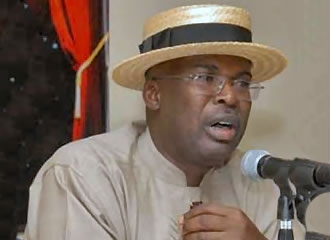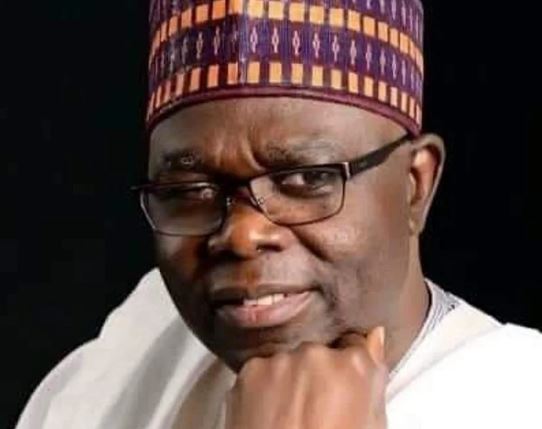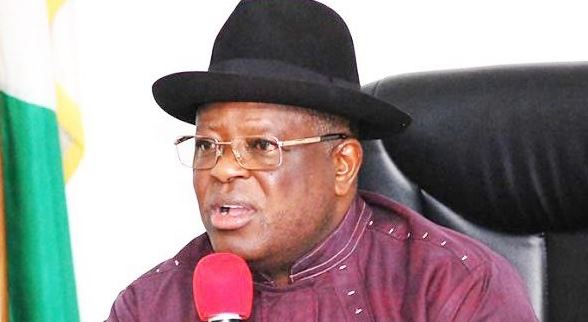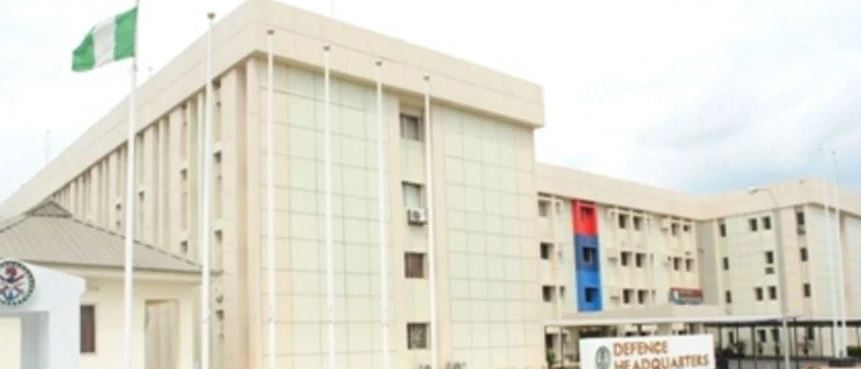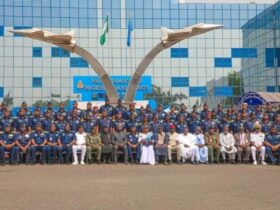Health experts on disease surveillance drawn from Nigeria and Republic of Niger on Tuesday in Abuja began a cross -border meeting following an outbreak of an unknown disease suspected to be heavy metal poisoning in border towns and villages in Sokoto state and Republic of Niger.
The outbreak of the unknown disease suspected to be heavy metal poisoning , was reported on March 20, 2024, in Isa Local Government Area (LGA) of Sokoto state with several patients having symptoms of abdominal pain, abdominal distension, vomiting, fever, and breathing difficulty, mainly children and young adults.
Suspected cases have also been reported in five other LGAs; Illela, Sabon Birni, Tambuwal, Gwadabawa, and Dange Shuni. Just last week, “33 new cases were reported resulting in 455 total suspected cases and 29 deaths (CFR: 6.4%). In addition, there is an increasing report of Meningitidis and diphtheria cases between the 2 countries,” a document distributed among the meeting participants stated.
“These outbreaks occur in a context marked by several problems that hamper the performance of Member States in terms of prevention, detection, and response to epidemics.
“These include (i) the weakness of epidemiological surveillance; (ii) insufficient logistical, human, material, and financial capacities for the prevention, detection, and management of cases; and (iii) the weak operational capacities of border entry points.”
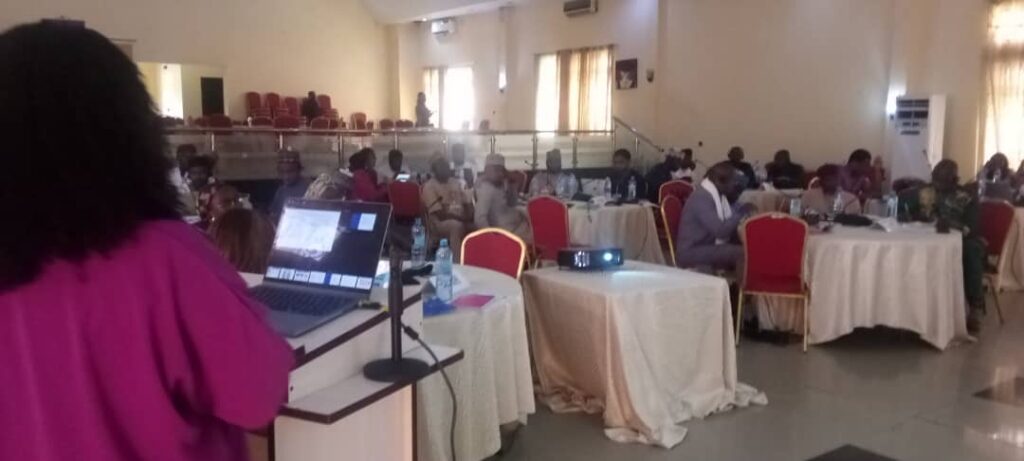
Speaking at the meeting Dr. Aisha Usman the Technical Advisor Cross -border Surveillance ,West African Health Organisation said that the meeting is a crucial step towards building a resilient and collaborative approach to address health challenges in the region. To foster regional health security and safeguard the well-being of the populations in the Republic of Niger and Nigeria.
She said it has become necessary to put in place more effective interventions to strengthen national epidemiological surveillance and response systems, particularly in cross-border areas.
The World Health Organization’s International Health Regulations (IHR) emphasize the importance of cross-border collaboration to prevent the international spread of diseases through a joint effort in disease surveillance that aligns with international guidelines to demonstrate a commitment to global health security.
By pooling resources and expertise, these two countries can optimize their efforts in disease surveillance, ensuring more comprehensive coverage and a quicker response to potential outbreaks.
Sharing information and best practices would also lead to improved resource allocation and utilization. By learning from past experiences, these countries can develop a unified strategy to detect and respond to potential outbreaks promptly.
She added that effective surveillance and timely response are critical components of preventing and managing these health threats.
The representative of Sokoto State Ministry of Health Dr. Abdul Yusuf, his Zamfara State counterpart Dr. Yusuf Abubakar and their counterpart from Republic of Niger Dr.EIH Ibrahim Tassiu as well as Dr. Fatima Yusuf Federal Ministry of Health collaborated the importance of the cross – border meeting.
They said the Cross-border surveillance meeting aims to strengthen regional collaboration and coordination in monitoring, preventing, and responding to potential disease outbreaks that could threaten public health in Niger and Nigeria.
Declaring the three-day meeting open, the Minister of Health, Prof Ali Pate, noted that with a population of over 230 million people, Nigeria cannot fight infectious disease outbreak that transcend national borders alone, particularly given the spill-over of huge populations from neighbouring countries.
The Minister, who was represented by the Director, Port Health Services in the Ministry of Health, Dr. Akpan Nseobong, described the cross-border surveillance meeting as very important in the considering that since Nigeria and Niger Republic share borders, anything that happens to any of the two countries affects the other.
While commending the West African Health Organisation (WAHO) and the ECOWAS Regional Centre for Surveillance and Disease Control (RCSDC) and partners like the World Health Organisation (WHO), United States Centre for Disease Control (CDC), UNICEF and USAID for their support, the minister called for more collaboration with Nigeria to tackle the growing public health challenges.
“We will continue to appeal to our partners for more support because given the size of our country, once Nigeria is able to contain these diseases, the whole of West Africa and indeed Africa will be safe,” he said.
Other speakers at the opening ceremony were the Director-General of WAHO, Dr. Aissi Melchior Athanase, who was represented by the Executive Director of ECOWAS RCSDC, Dr. Virgil Lokossou; representative of UNICEF, Dr. David Dauda; representative of WHO, Dr. Beatrice Muraguri and Dr Elh Ibrahim Tassiou from Niger Republic.




